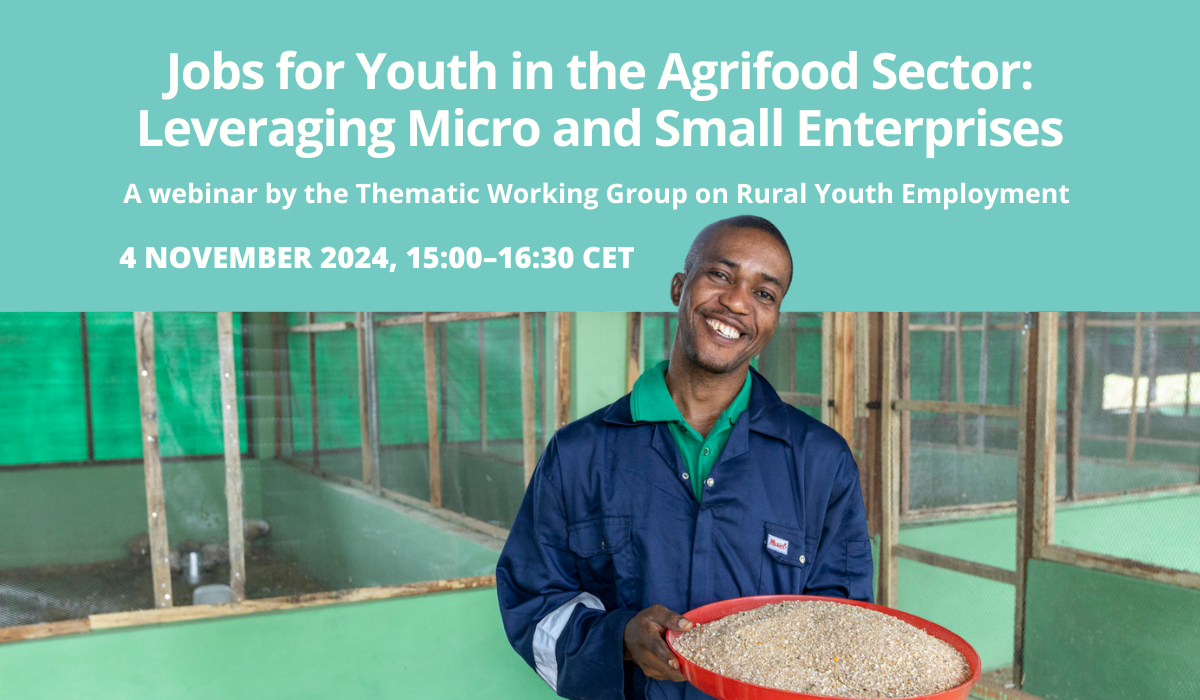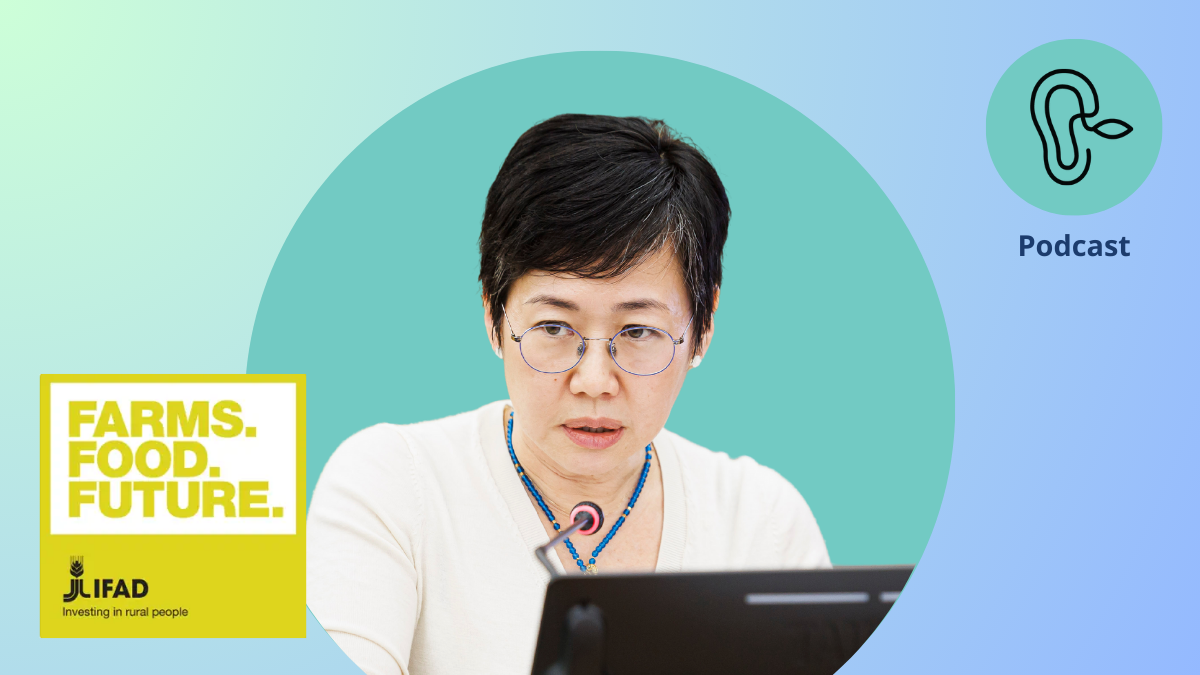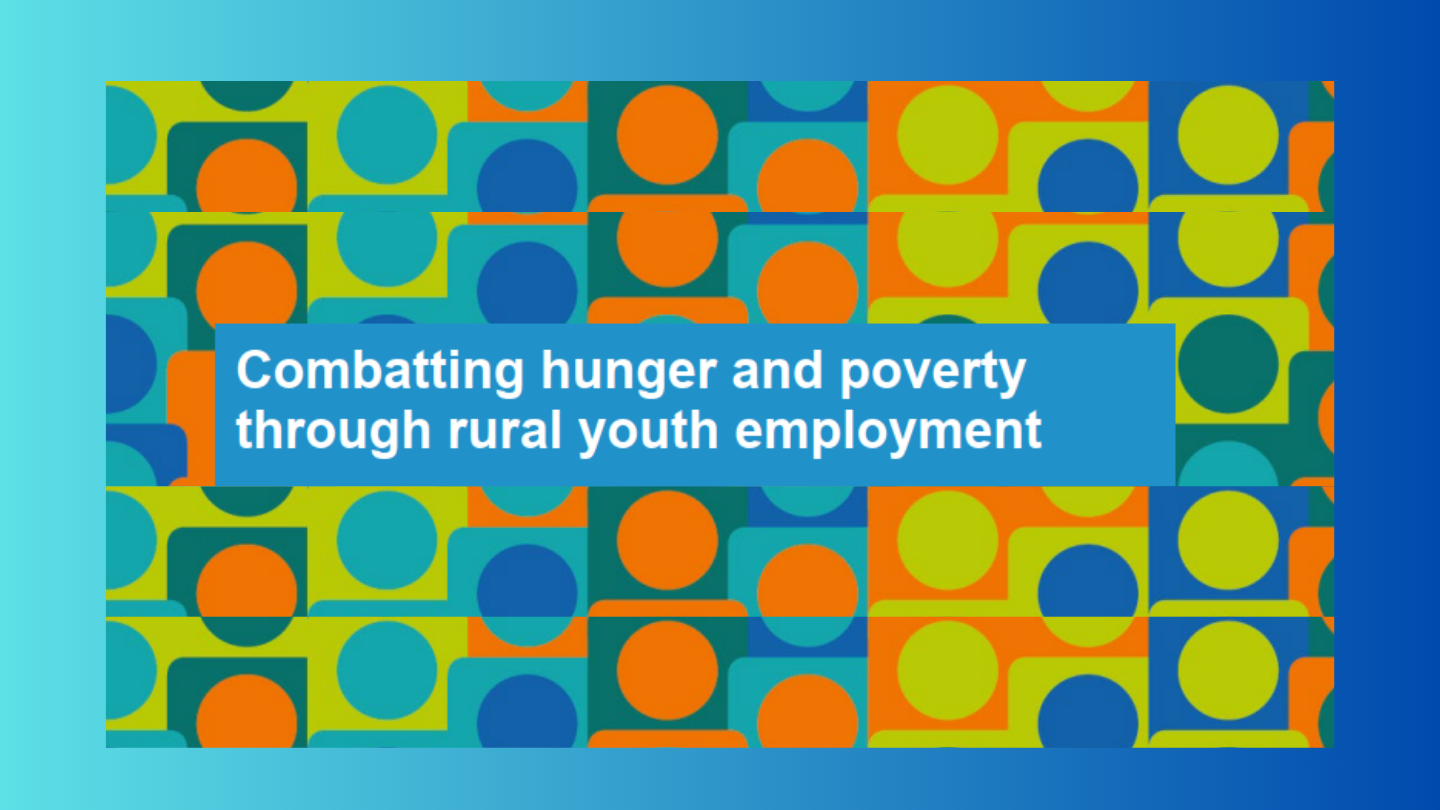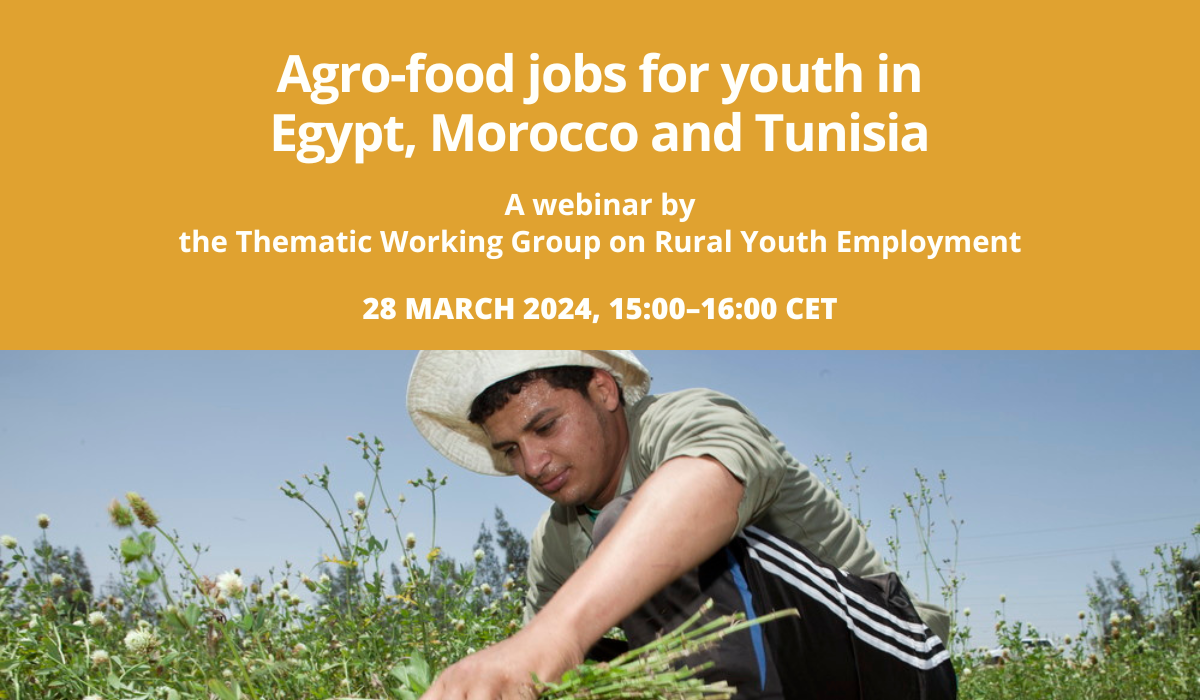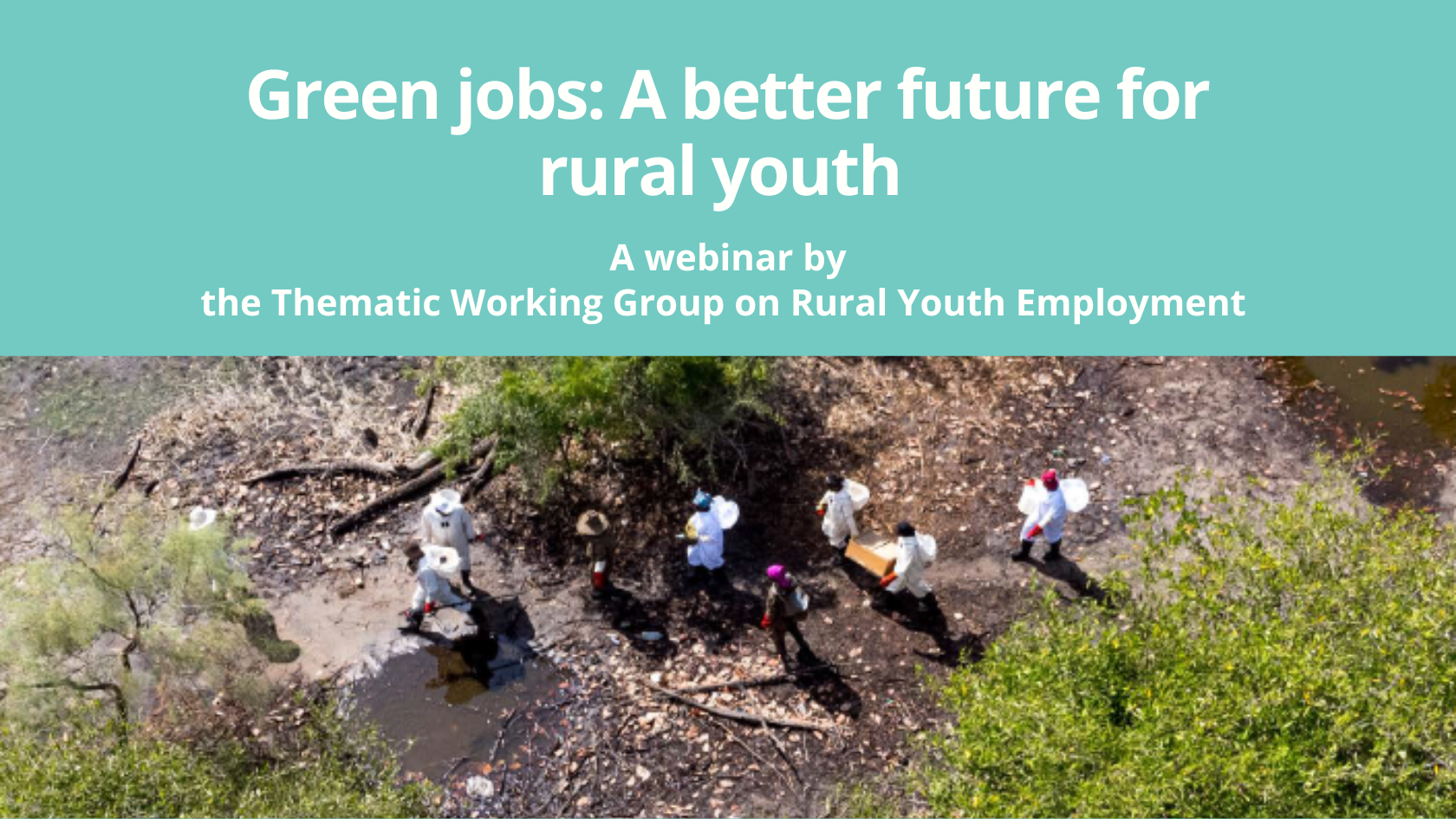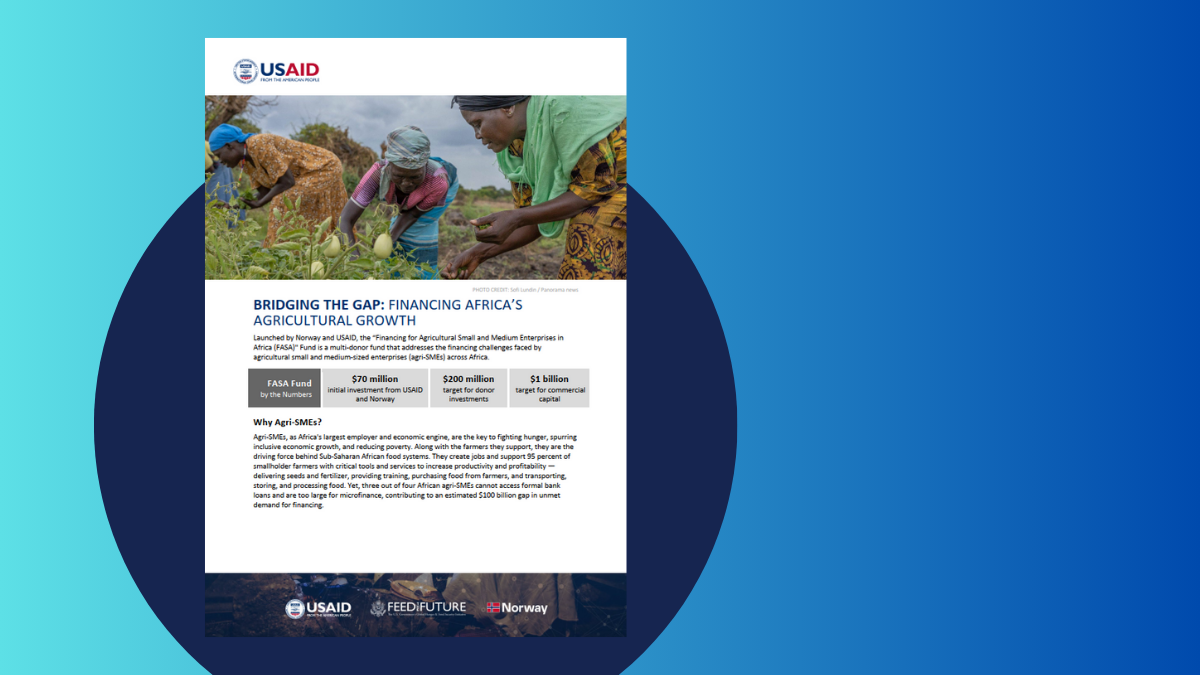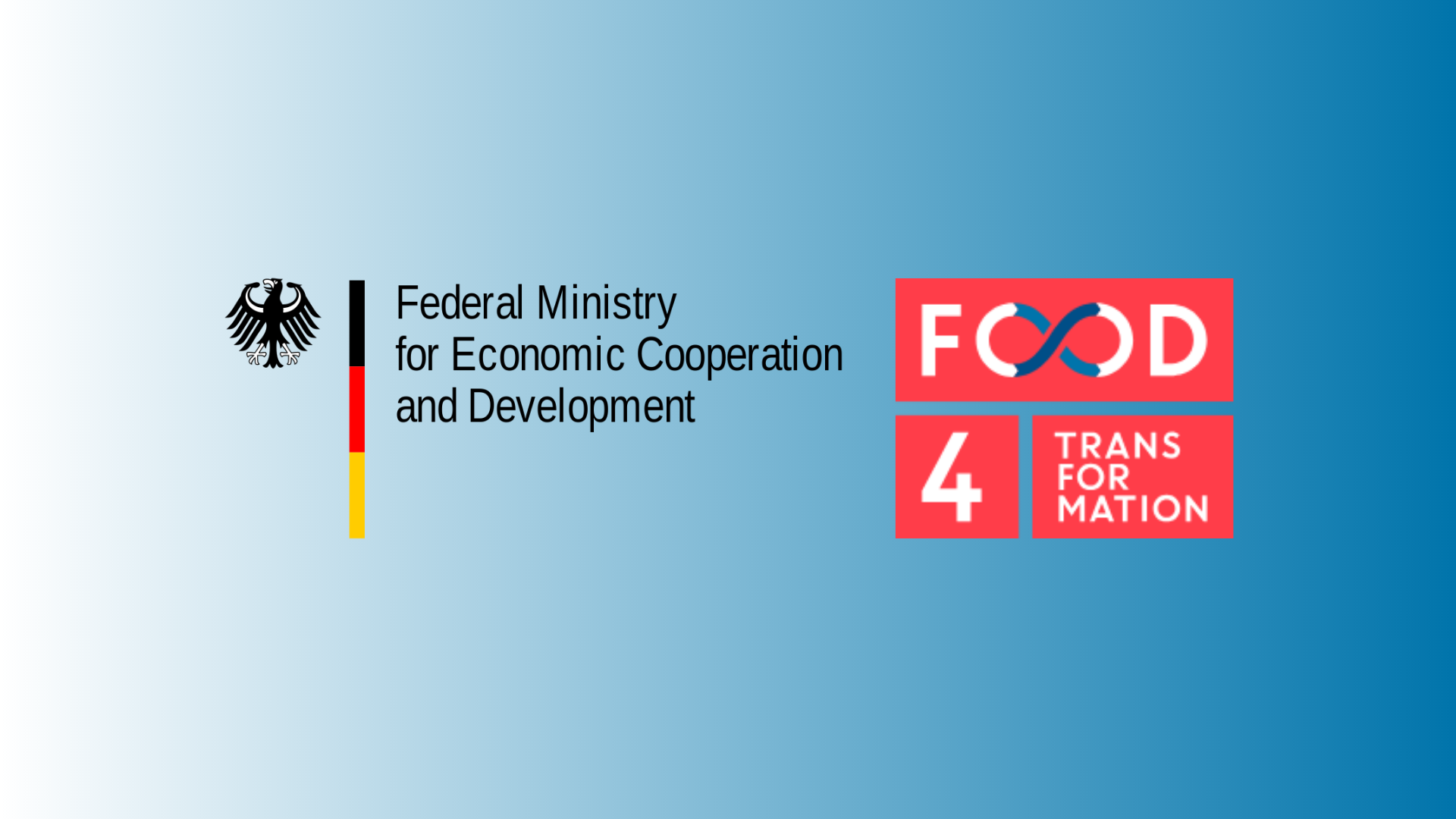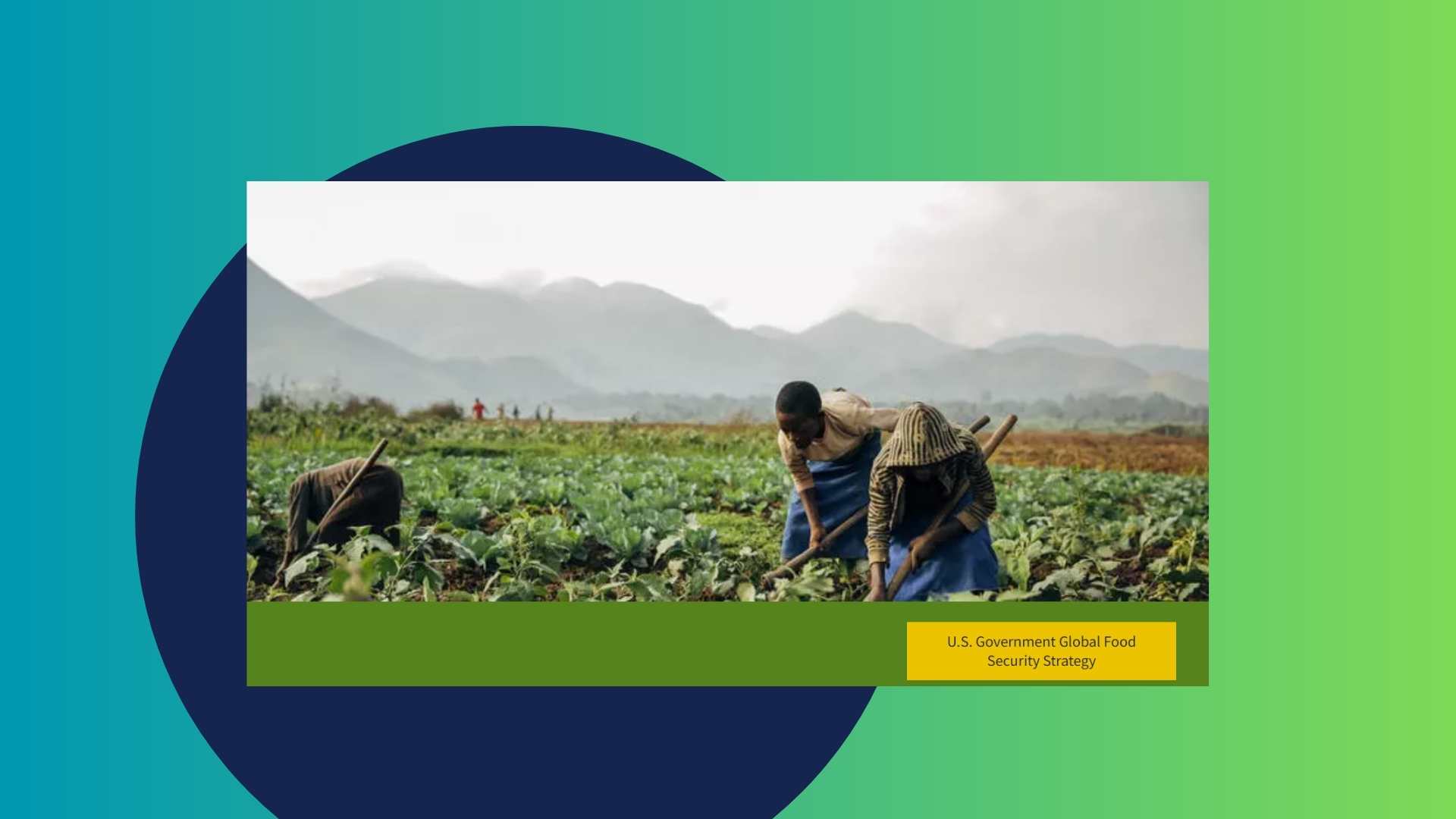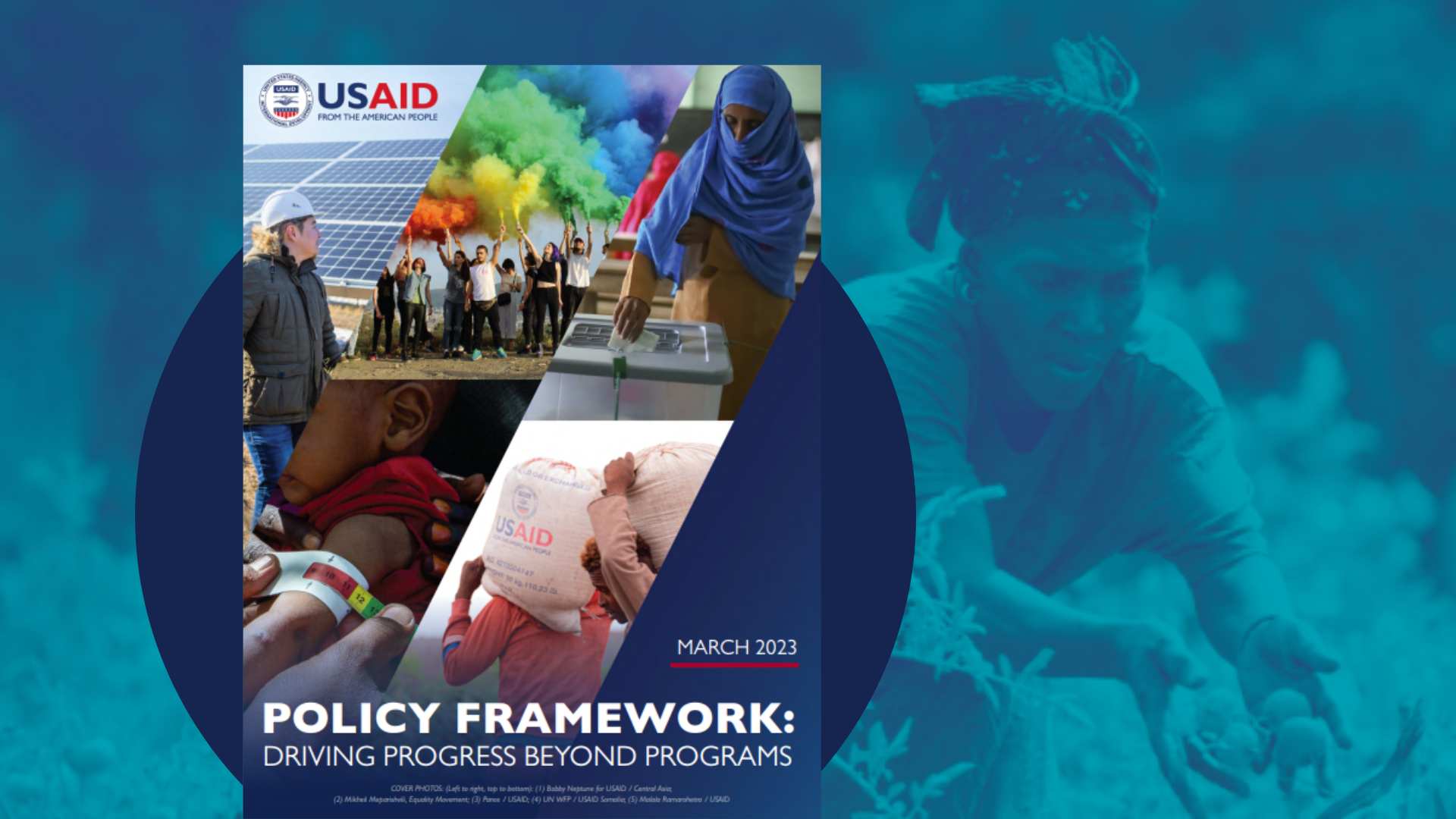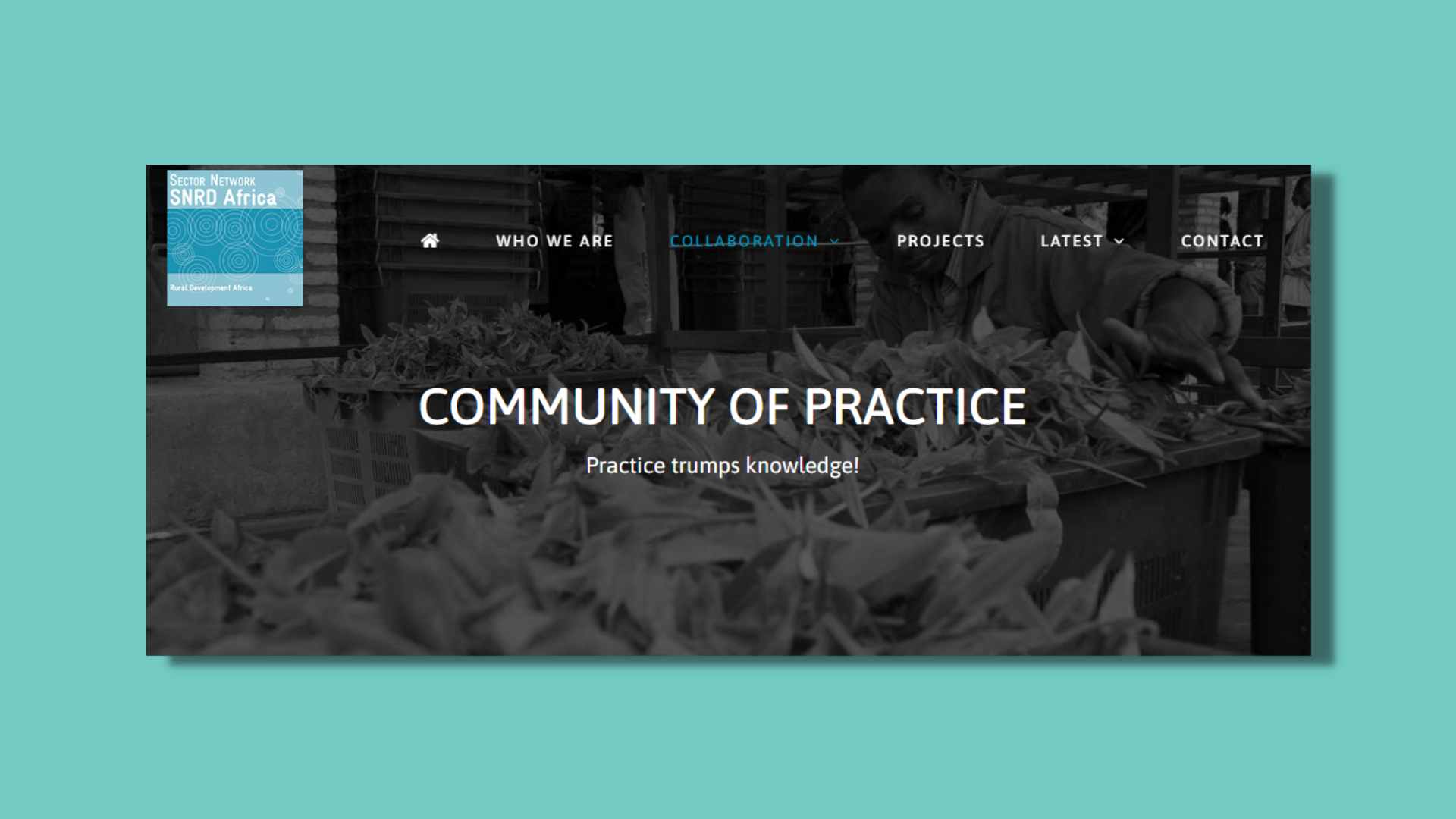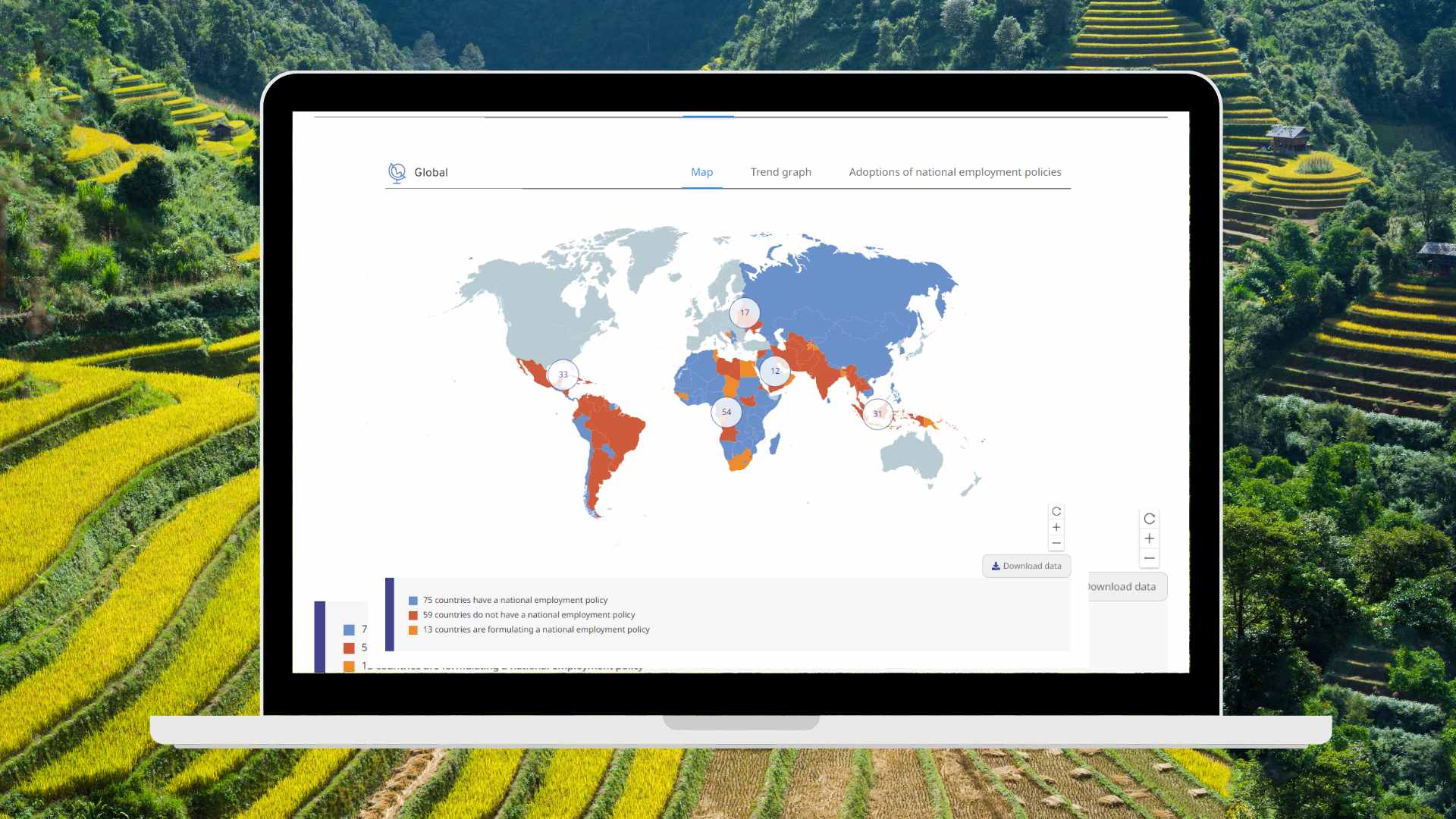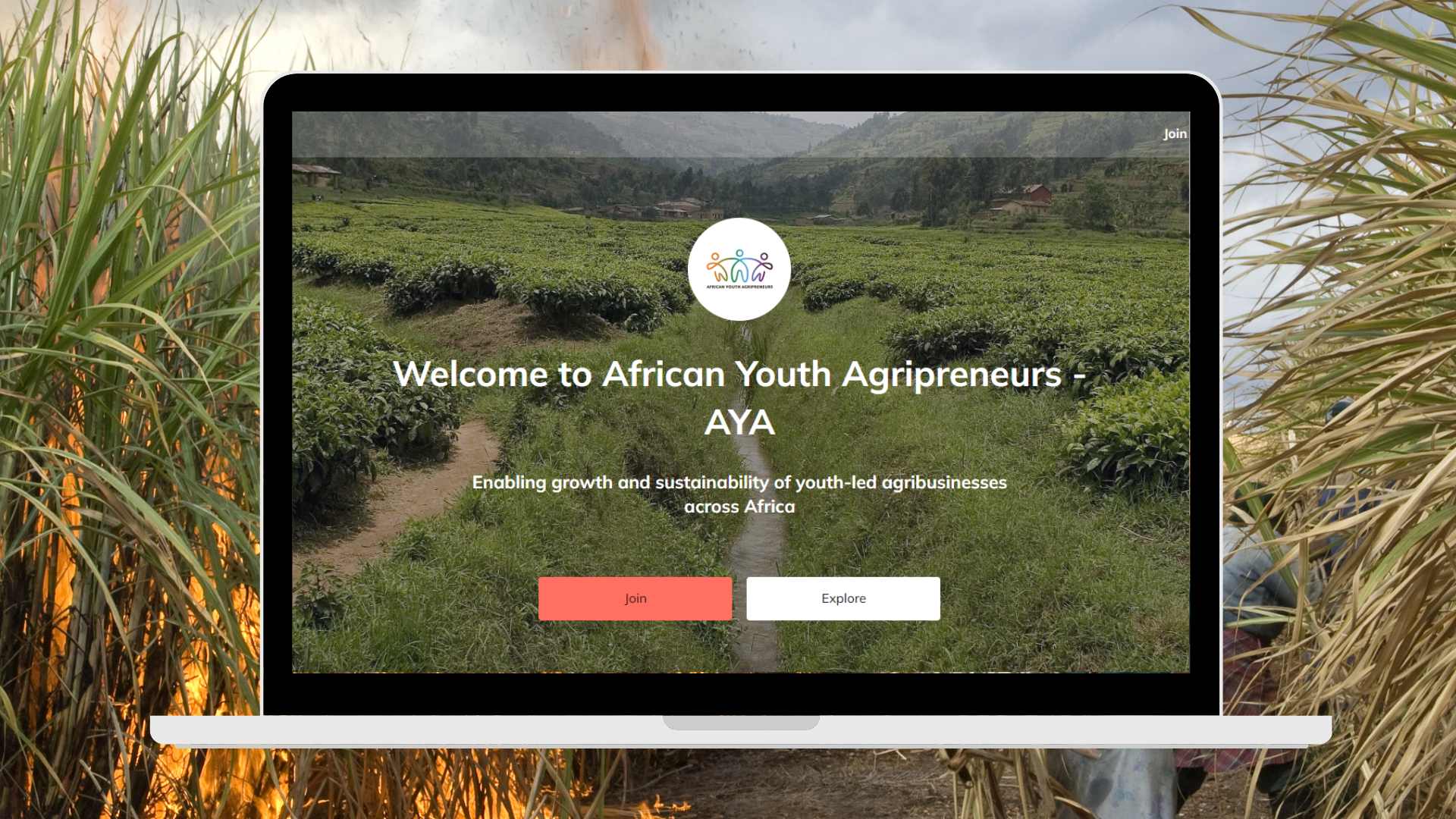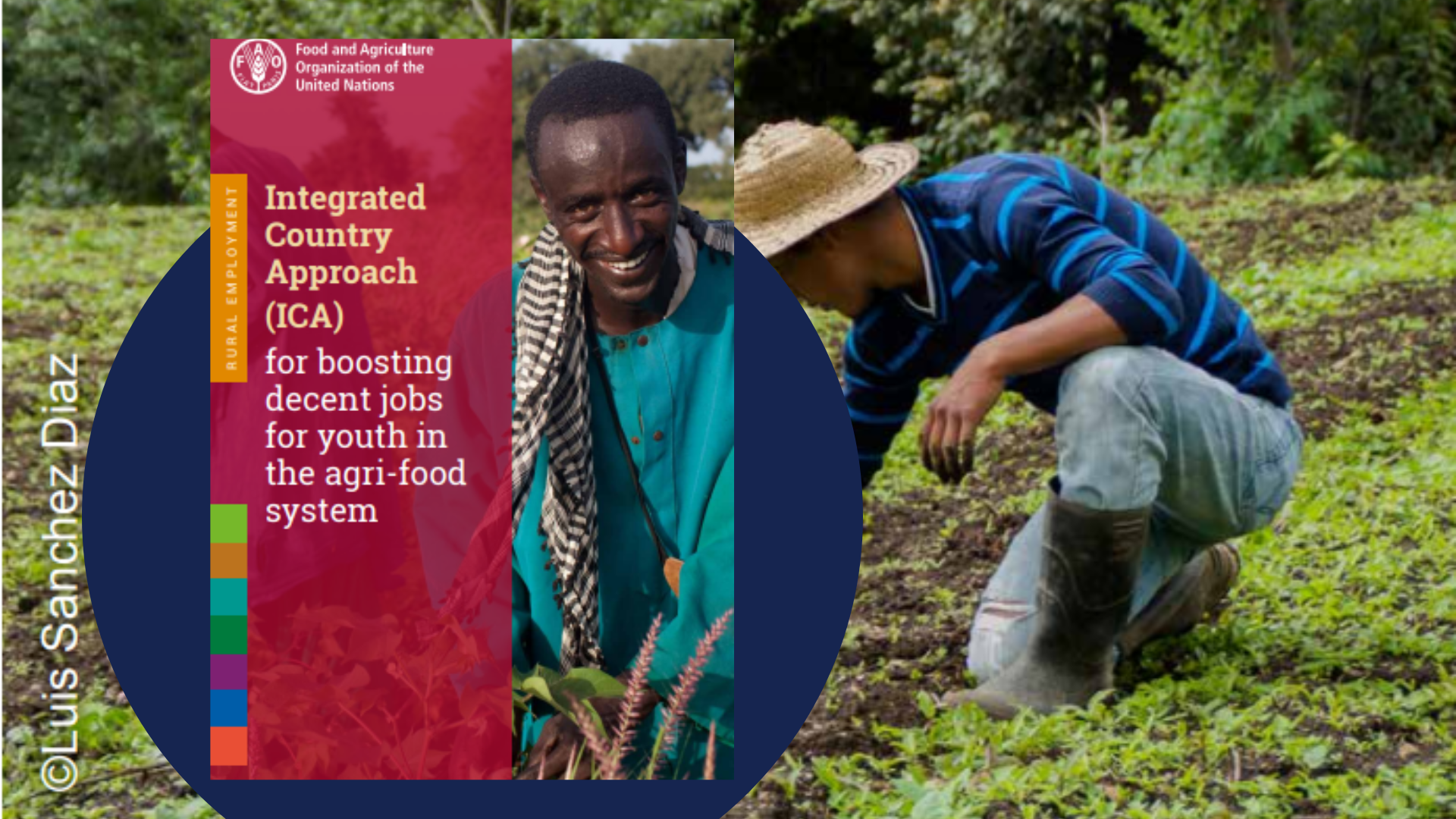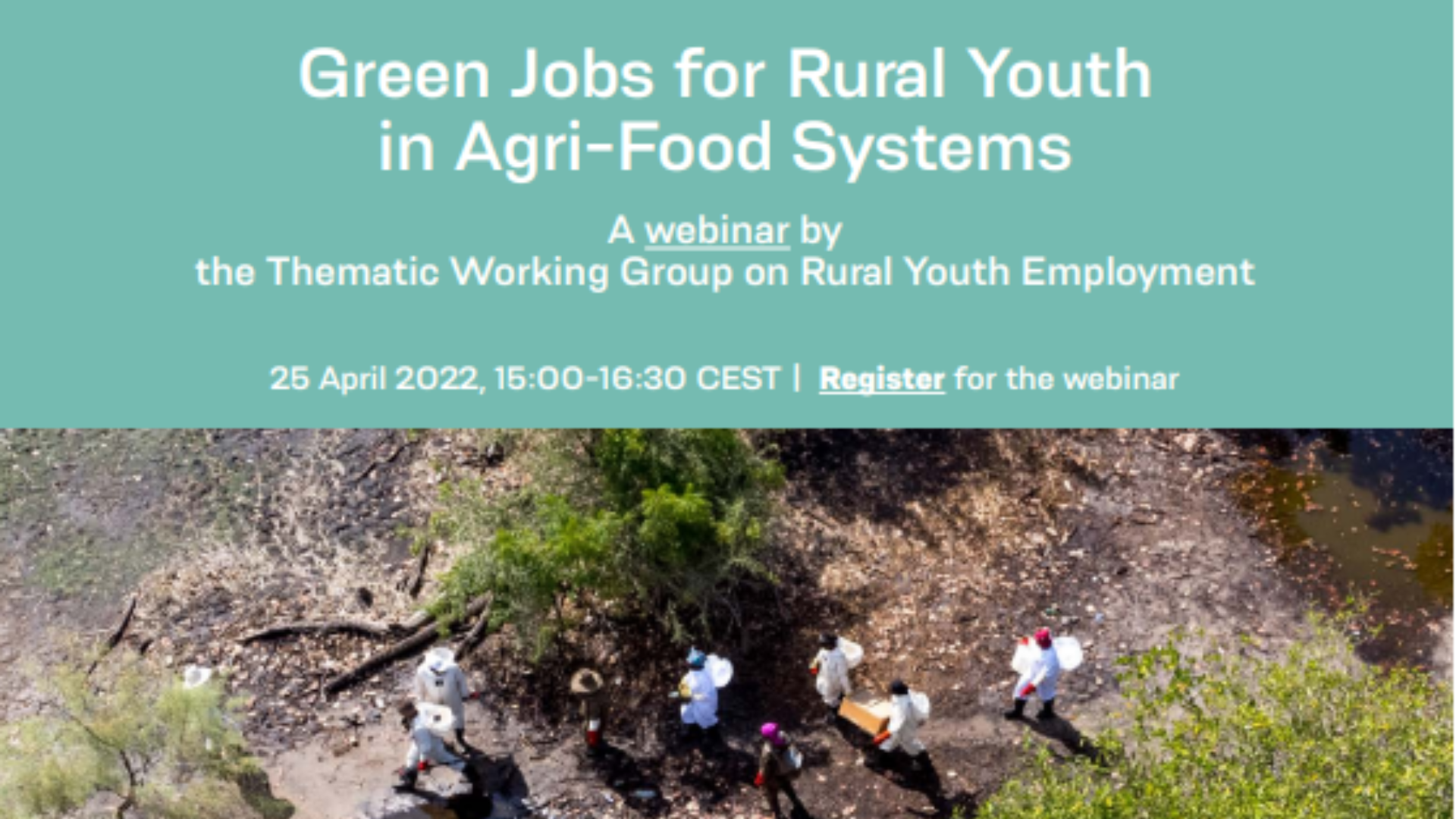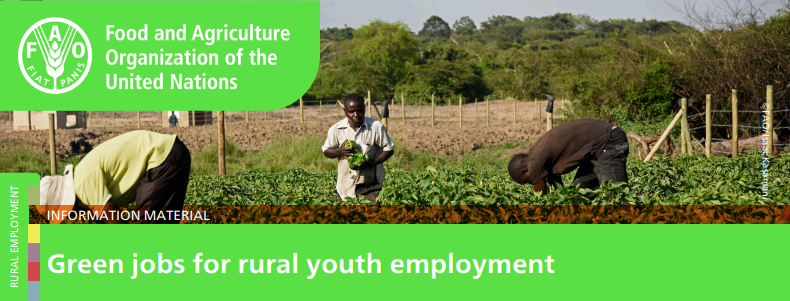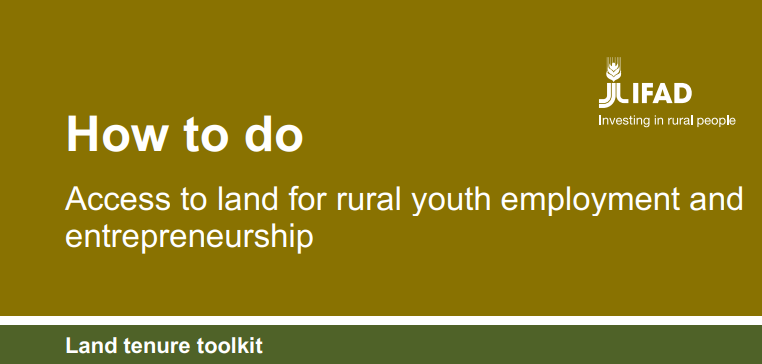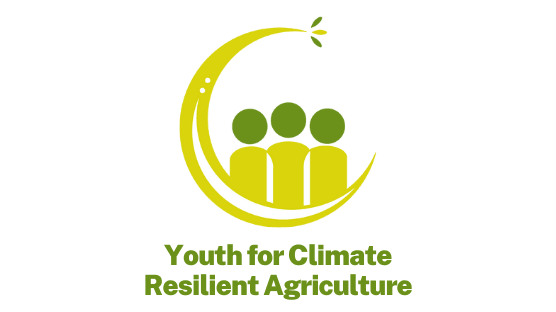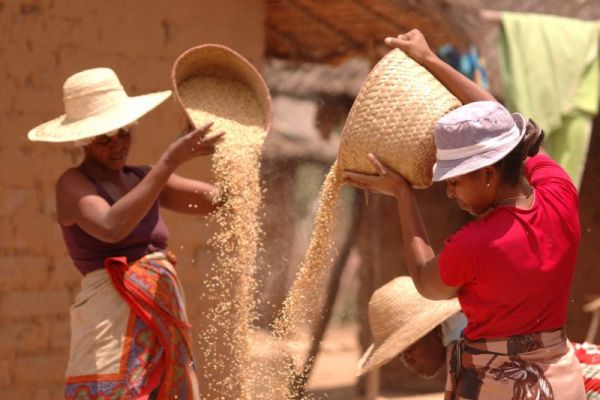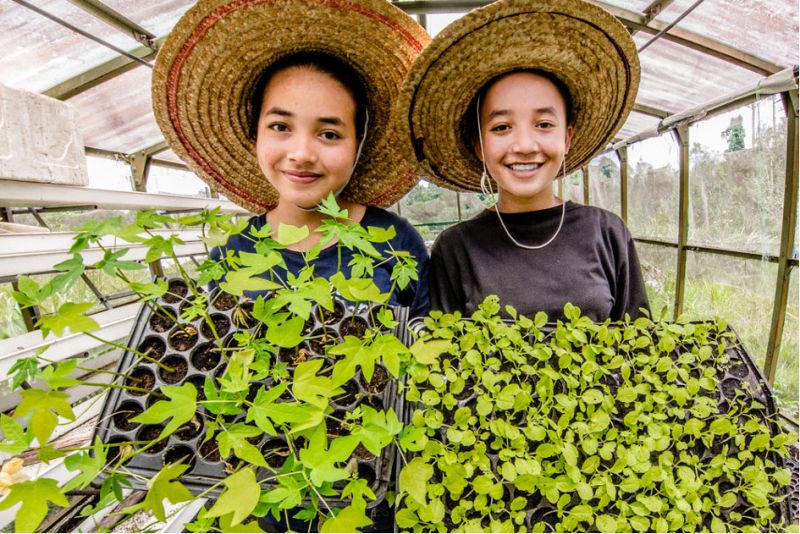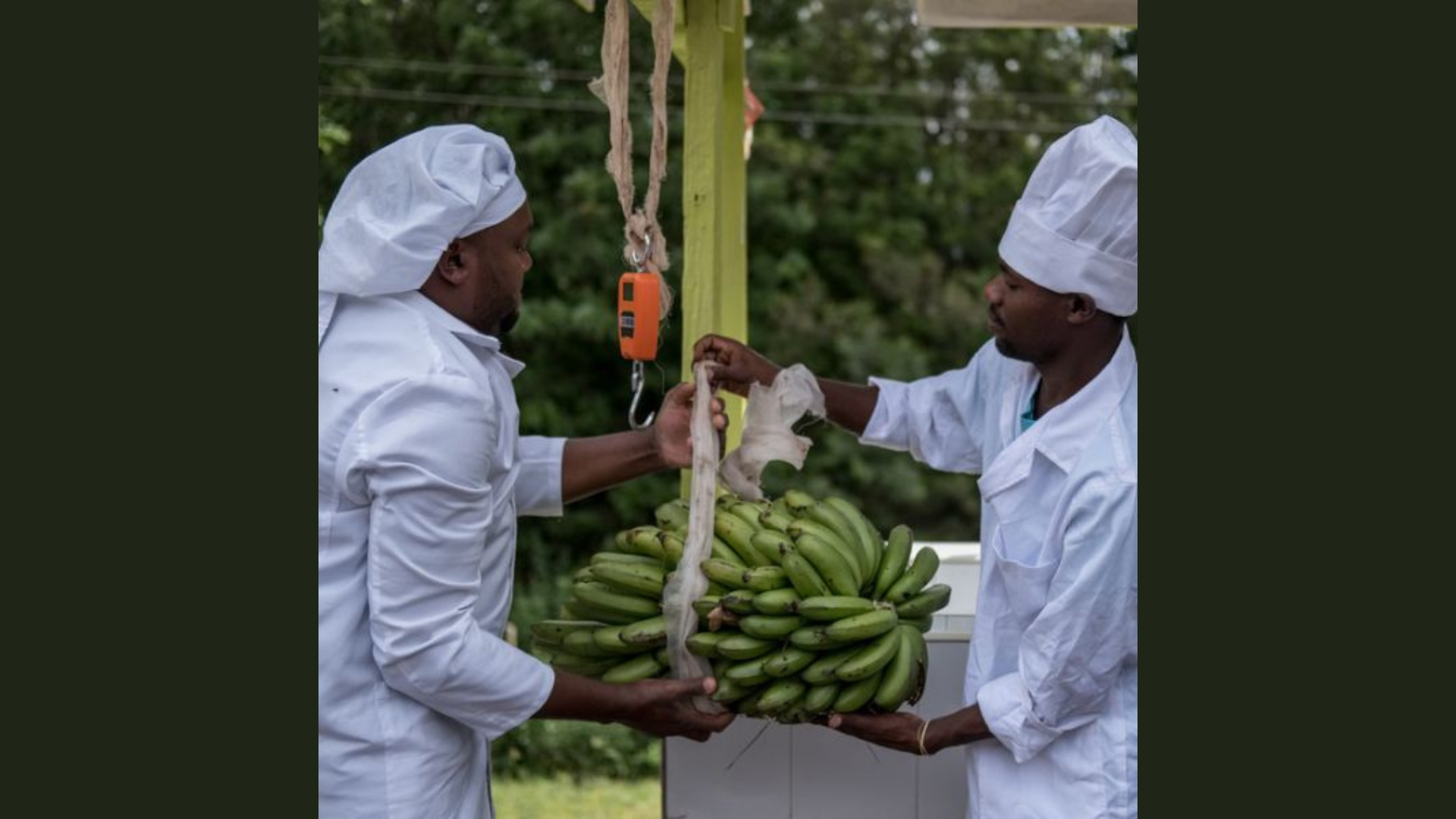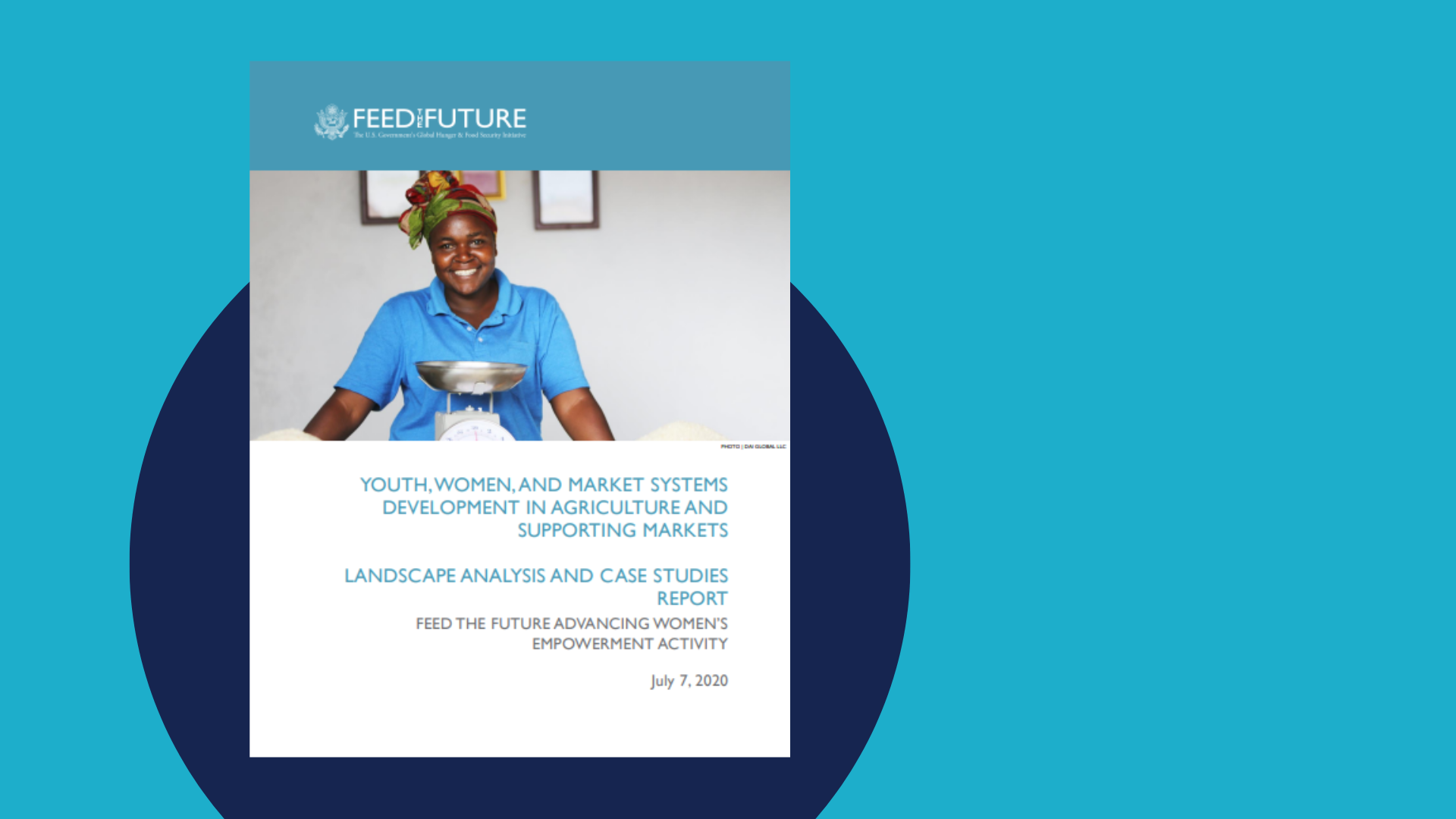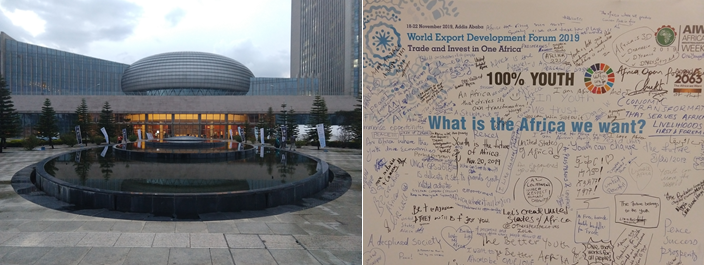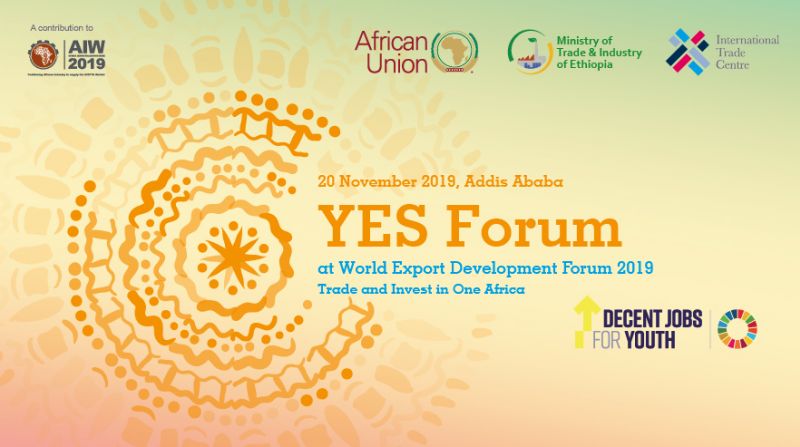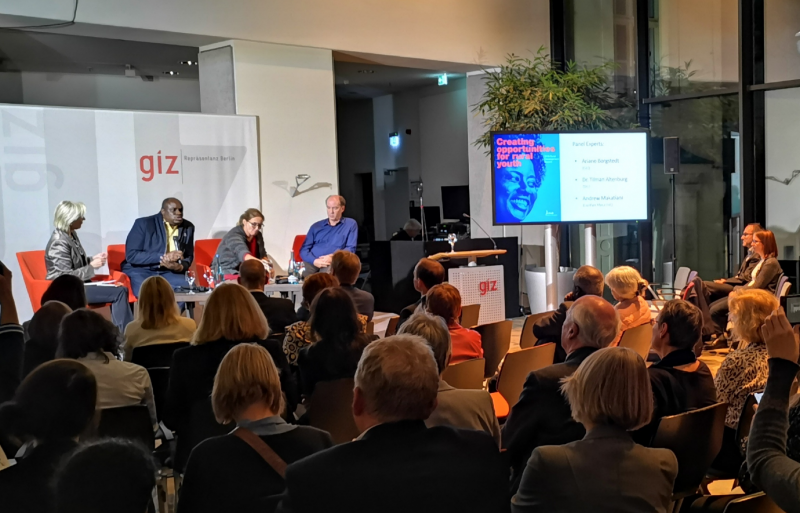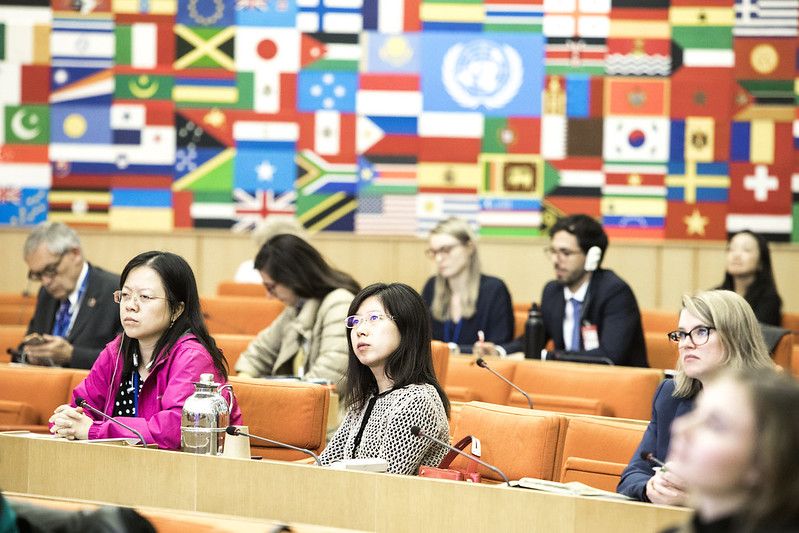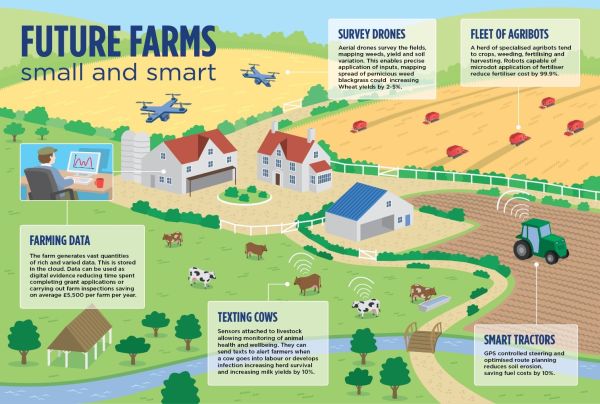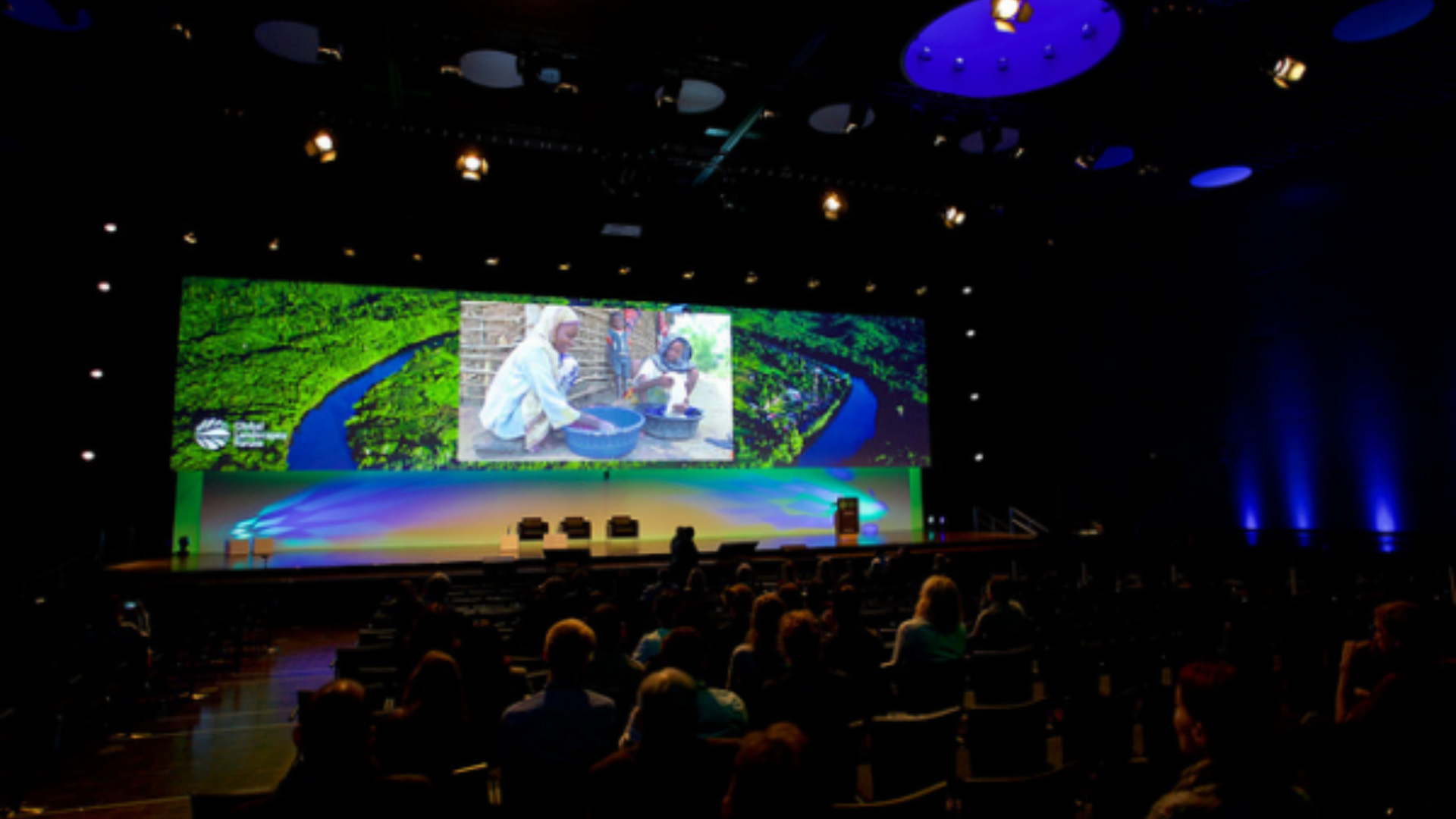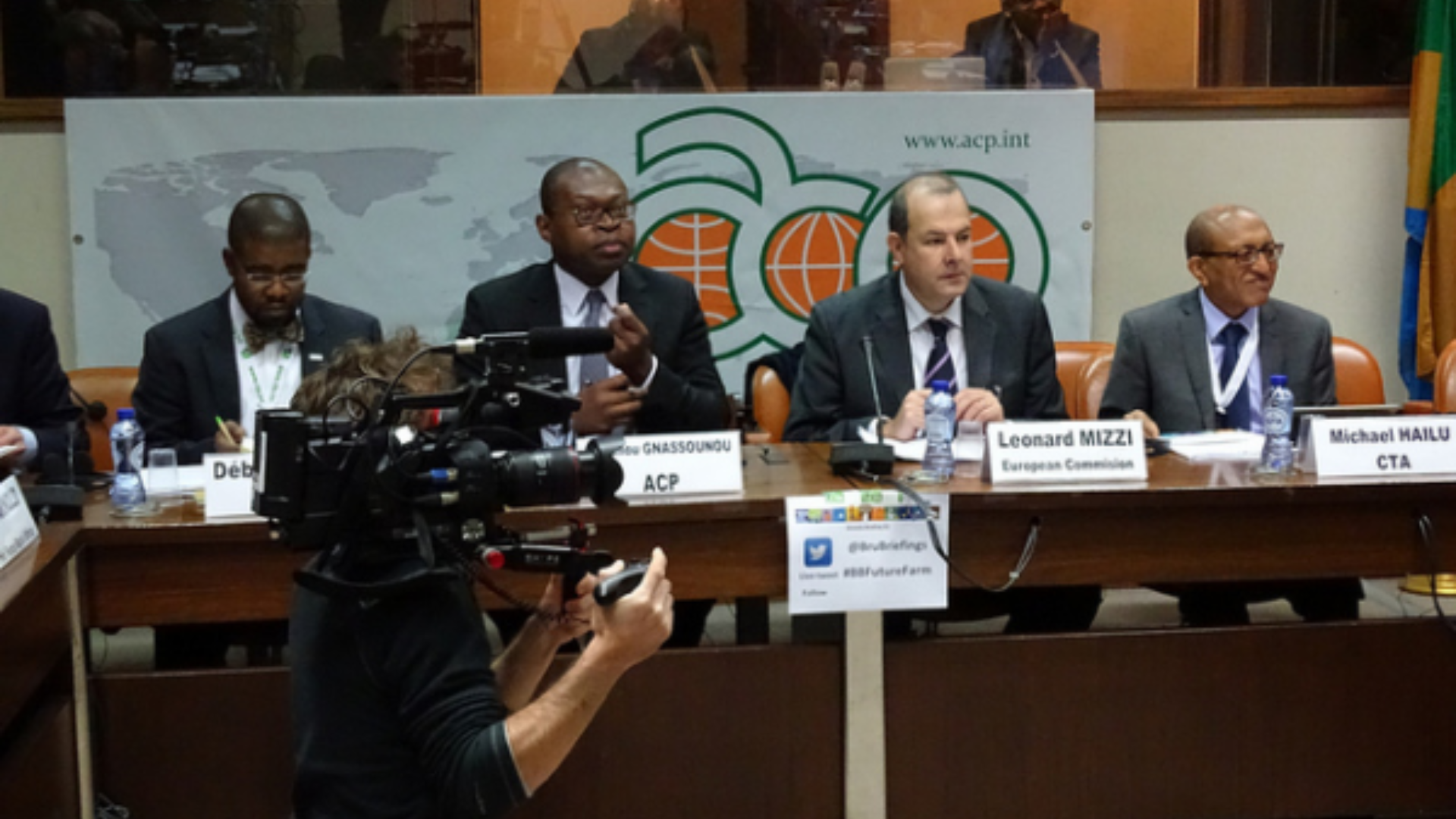Rural youth are the future of food security. Yet around the world, few young people see a future for themselves in agriculture or rural areas. The Thematic Working Group on Rural Youth of the Global Donor Platform addresses an inclusive rural transformation that entails bringing rural youth on board, empowering them to speak for themselves with their experiences and ideas, and creating the means for them to connect, share and develop solutions for the challenges they face.
Links
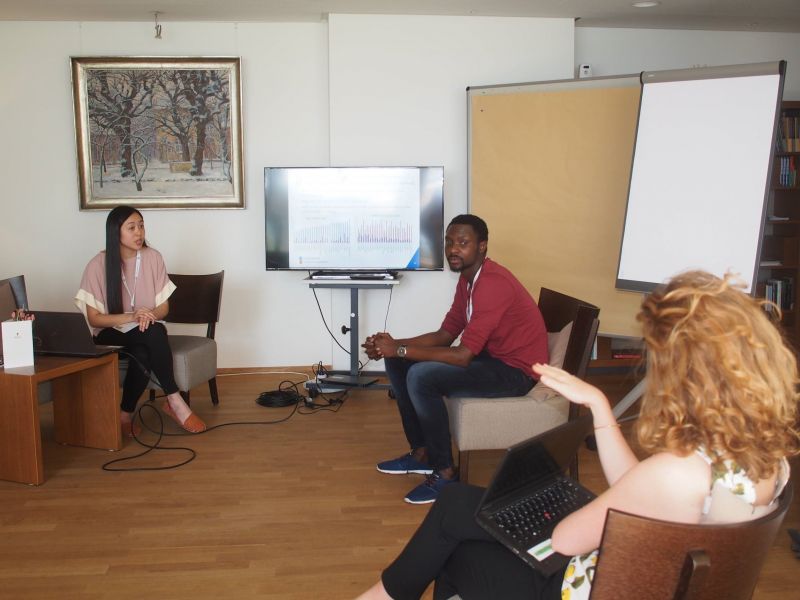
In a meeting back-to-back to the Platform’s members’ only Annual General Assembly from 19-21 June in Zurich/Maennedorf, Switzerland, the group welcomed the Organisation for Economic Co-operation and Development (OECD) and the Food and Agricultural Organization (FAO) to the Thematic Working Group. Representatives of both organisations shared findings, experiences and lessons regarding rural youth employment with different donor representatives.
Peter Wobst a senior economist in the economic and social development department at FAO who talked about FAOs decent employment agenda that covers 22 countries in Africa and focuses on four main working areas; child labour, green jobs, rural migration and youth employment.
Key messages from FAO:
- 1.2 billion youth (defined as being 15-24 years old) – 87% are living in developing countries, 55% of them in rural areas with limited opportunities for employment;
- Rural youth face challenges of lack of access to skills, resources, financing and inclusion in policies;
- FAO’s Integrated Country Approach contributes efforts to integrate employment issues in the agriculture and rural development discourses at global level;
- The integrated approach at country level supports governments in developing strategies to improve the quality and quantity of on and off-farm jobs for rural youth.
Justina La of OECD shared findings, lessons and from the work of OECD focusing on youth. OECD has taken action in supporting local country ministries in revising national youth development strategies and youth policies through conducting thematic studies and country reports. OECD’s recent work on youth covers ten countries spread across Africa, Asia, Latin America, Eastern Europe and in the Middle East.
Key messages from OECD:
- There is a need to create 600million more jobs in the next 15 years to maintain the current employment rates;
- Agriculture is the leading provider of jobs for rural youth in developing countries – 37% of rural youth in developing countries are employed in agriculture;
- There is a significant gap between youth career expectations and the reality of the labour market – 76% of rural youth aspire to work in high skilled occupations, versus 13% actually working there;
- Small and medium enterprises (SMEs) and youth entrepreneurs must be better integrated into local and global value chains;
- Local value chains must be looked at from an employment perspective to identify potential employment opportunities for youth; to date, agriculture and rural development-related programs are mostly youth-blind in their design and analysis and seldom integrate an employment lens;
- There is a general lack of data on youth participation in agriculture value chains.
After the knowledge-sharing presentations, the group discussed its work plan and upcoming activities for the second half of 2019. Besides FAO and OECD, the meeting was attended by representatives of MEAE France, the Italian Agency for Development Cooperation (IADC), the U.S. Agency for International Development ()USAID), Syngenta and the Austrian Development Agency (ADA). France has newly joined the group which it views congruent with the priority of the French G7 Presidency on creating decent jobs for rural youth in the Sahel.


